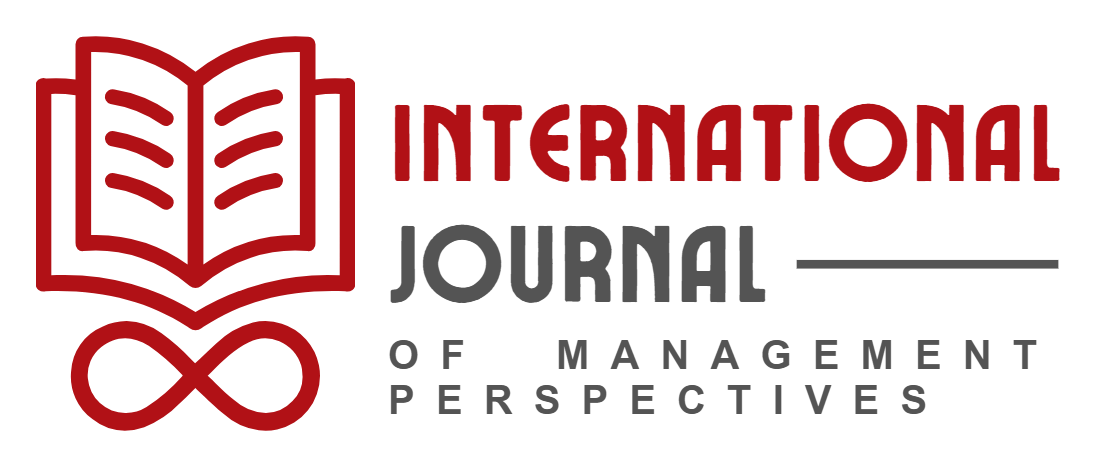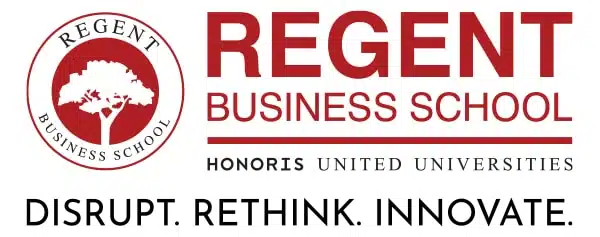2020 has been a tumultuous year and the Covid Pandemic has drastically impacted all spheres of life. As governments across the world deliberate, escalate and de- escalate lock down strategies, businesses have been forced to adapt to a new reality. In South Africa we have faired better than most and are currently in lockdown level one, however we are constantly reminded that the Corona Virus is going to be around and the threat of a resurgence in infections will continue for the foreseeable future and it is unlikely that business will return to as “usual”. Lock down has redefined the way marketers build and define relationships with consumers. Creativity, adaptability and digital skills are now more important than ever. Research indicates that consumers expect brands to demonstrate more compassion during these times and that organisational values and purpose needs to be communicated by the brand in more tactful manner. Push marketing strategies are viewed as aggressive and empathetic communication from the brand is necessary to communicate and build relationships with the consumers on a deeper level. The pandemic has impacted marketing in the following ways:
Digital Migration
While the past couple of years has seen a gradual transition of consumers to digital platforms, the pandemic has accelerated this trend. Large groups of consumers have been forced to access or utilise digital platforms in some way. This trend is higher for the Generation Z and Millennial demographic group and this trend is likely to continue. From a marketing perspective this forces the marketer to craft new strategies with regards to connecting with consumers. E- commerce and digital channel adoption are crucial towards ensuring business continuity. This also offer marketers an opportunity to utilise new data, personalize market offerings, and identify new market segments. Analytics will play a strong role in determining and predicting market trends and is a necessary marketing skill to have.
Re-designing the consumer journey
Marketers need to examine the consumer journey as consumer behavior has changed. The lock down implies that consumers are in a different space and add-ons to the existing market offering plays a bigger role in making the core product attractive and enhancing the value offering. Consumers are more likely to be shopping for the whole family versus individual shopping and the establishment of multiple product categories will be more attractive.
Consumer adaption towards digital platforms
The banking and industry have a substantial lead in offering their services over digital platforms, retail and traditional businesses need to adapt and catch up too this trend. Consumers are also more confident in the use of digital platforms which create an opportunity to connect with more consumers. Marketers should focus on building public and private partner ecosystems. Digital platforms should be interconnected with other services and product offerings to ensure that consumers do not have switch across multiple websites when shopping. There should be a “one stop shop” concept regarding digital platforms.
The above three areas are not exhaustive as the world adapts to this “new normal”, the impact of the pandemic will necessitate greater change as society, business and government adapt. Marketers need to ensure that they are adept at communicating with the target audience through digital channels, are agile in developing marketing strategies that use paid versus free advertising and ensuring greater ROI for ad spend. Marketer’s must ensure that they develop sound analytical skills to monitor trends and indicators and are confident in exploring new marketing strategies and investments to ensure an agile organisation that can adapt to an unpredictable environment.
By Shaheen Khan


